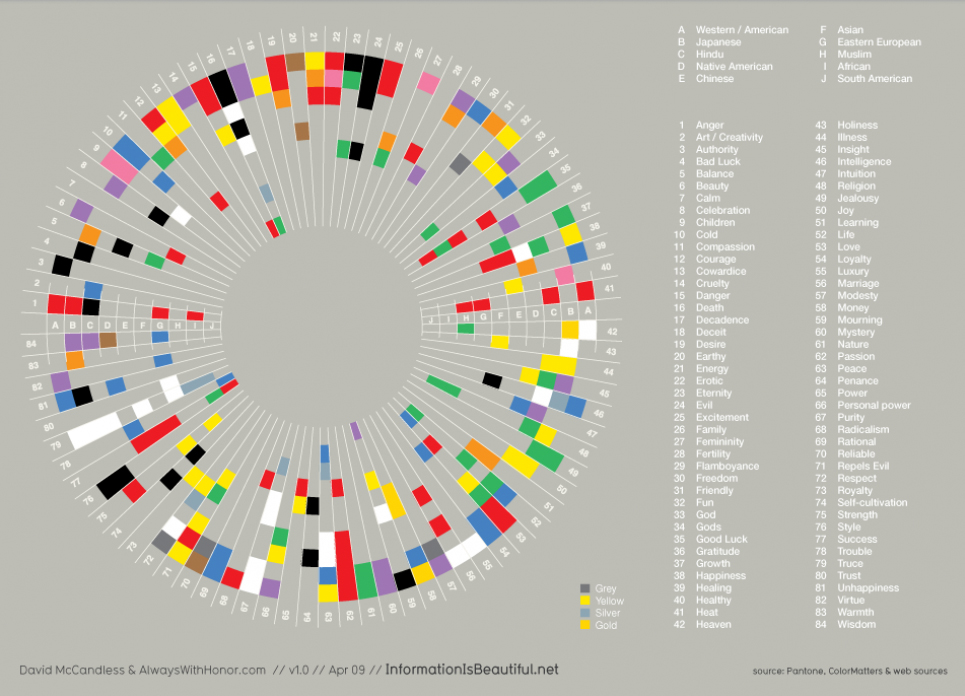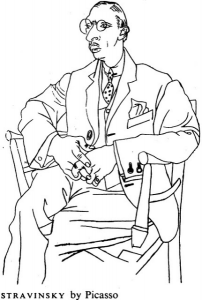Please upload your Final Narrative Illustration Project to the dropbox:

Narrative Illustration Lectures and Examples
Hello Class, below is a ton of information! Pace yourself. Its all important, but just check out a couple of these posts and Lectures at a time, and then give yourself some time to consider the material before you continue.
____________________________________________________
In this multilayered assignment you will reinterpret a classic folk tale or fairy tale through your own creative lens. You will, through the course of the assignment develop characters, setting, and finalize illustrations featuring the same character in two very different settings and situations.
DUE: MAY 21 | Week 15
Final project will be reviewed during Individual In Class 5 minute Presentations
A complete project will include:
Final Art can be made using any combination of traditional drawing / inking skills and digital coloring. Final art must make full use of value and read as a finalized piece of art work. Choosing a limited palate is highly recommended.
BRING A PRINT OF FINAL ART FOR CRITIQUE
GRADING BREAKDOWN:
50 % project grade Submit a PDF PROCESS BOOK guiding us through the project from inception to conclusion.
50 % project grade Submit a publication ready 300 DPI JPEG of Final ART
_____________________________________________________________________________
Project 2: Editorial Illustration:
For the next project you will be creating an editorial illustration for use to accompany an article in a magazine, printed or online.
The illustration must be created using a limited palate of black, white, and 1 other color and should be made using a combination of traditional drawing / inking skills and digital coloring. Final art should be made to fit the real magazine’s specs. (Approx 9” x12”)
Final work will be judged on the uniqueness, clarity and cleverness of overall the concept, utilization of composition, skillful use of media, use of a full range of value, and of course overall technique.
FINAL LIMITED PALATE COLOR ILLUSTRATION DUE 4/30
HIGHLY RECOMMENDED:
CHECK IN VIA EMAIL ONCE DURING SPRING BREAK. I WILL CHECK AND RESPOND TO EMAIL ON WEDNESDAY 4/24. If you would like feedback you will send your Finished Pencil drawing and your digital value study by that date. A color study by that date is also recommended.
Color is one of the most powerful aspects of making art. Almost everyone who loves to create can remember the childhood excitement generated by a brand new box of crayons!
Everyone has a favorite color, artists and non-artists alike. Our relationship to color is one of the most powerful relationships we have as a species. It is intrinsically connected to how we relate to our world. And so of course it is one of the most powerful aspects to consider when making art.
Color Temperature
Much of our relationship to color is based on instinct. For example, we see colors as warm or cool based on our physical response to them.
Warm things are warm colors (such as fire, the sun, hot coals, and in this case hot food.)
and cool things are cool colors (such as water and ice, which as blue or bluish).
Interestingly warm and cool colors also create a sense of perspective and depth when we look at an image. Warm colors tend to advance towards us, whereas cool colors tend to recede away from us.
In these two images note how early 20th-century illustrator Edmund DuLac uses this trick. In the first image of The Princess and the Pea he creates a sense of incredible height, as the cold blue-purple recedes from the viewer, effectively raising the height of the bed canopy. And in the second one, A Palace of Wonder, a sense of depth is created between the warmth of the interior space and the cold dark outside.
COLOR AND CULTURE
However, a great deal of our reactions to color are not innate, they are in fact cultural. For example Black and Death are associated in many Western cultures, in many Eastern cultures it is associated with white—its direct opposite.
Take a look at this info-graphic. Note how many color associations change, depending on where you are in the world. However also note how HOT and COLD or Color’s Relationship to Temperature do not.

It is however important to understand your target market and the culture that they come from, because culture has a strong influence on the development of cultural-color associations in childhood building the adults eventual perceptions of color.
Throughout this module and the next we will look at these basic reactions we all have to color and learn to compose in color effectively. We will build on what we have learned regarding composition, concept, point of view, and value and we will see how we can use these reactions to color to aid us in our ultimate goal, telling a great story through narrative illustration.
However, before we can do that lets be sure we have down the basics.
NEXT STOP: The Color Wheel
Overall Assignment:
You’ve been contacted to produce a poster for a special event for a dream client! Choose a favorite band, show, or cause and represent the feeling of it through skillful design and composition.
Text should be minimal and complementary to the Illustration, which should be the focus of the project.
Final art needs to be black-and-white and 11″ x 17″.
Half the Students should hang their 3 concept sketches on the black board for critique. The second half of the class will hang after to allow for space.
On a post it note write:
Each student should read each about each project and then examine all of the designs. Using chalk each student may make 3 marks for each project. They can have no opinion: 1 make under each sketch. They can put 2 marks on their favorite and 1 on their next favorite, or they can really love a sketch and put all 3 marks under each.
Discuss the projects and why students felt the way they did. Designers should go with the one they / the instructor likes the best but class feedback should be considered too.
Students should share the drawing challenges they had, (for example having to draw hands ) and the turtorial / advice they researched to help them.
DUE NEXT WEEK:
Hello Class-
Some really WONDERFUL work on the Thumbnails for your poster designs. I am loving the different directions this project is taking!
I am making an important change to what you have due next week, Tuesday the 12th. Instead of drawing the next stage of the project ( 2-3 Concept Sketches) on your own for homework, please come prepared to WORK IN CLASS on this next stage of the assignment. This means you should have the following with you:
DUE TUESDAY:
See you guys Tuesday ready to work!
Lines are where most people begin when first starting to draw. By themselves, lines are powerful drawing tools! They have shape, texture, and weight, all of which can add up to a very expressive drawing if you’re thoughtful about their creation.

When beginning a drawing, people often carefully inspect an object’s outside edge, or silhouette, as a starting point. They render each line representing an edge or contour. Next, people usually fill in those contours with value.
However, so much can happen using just line alone! A line by itself is capable of conveying all sorts of emotions. In your drawings, lines can and should have life.
In ink take five minutes to draw as many different kinds of lines as you can imagine. Try different movements with your hand, drawing lines from your wrist, your elbow, and then your whole arm. Try different amounts of hand pressure, creating straight lines, parallel lines, curves, and spirals. There’s no wrong or right answer here! This freeing exercise will help open up your expressive drawing skills, warming you up to this medium.
I tried to upload all of the pictures on open lab that i did throughout the semester, but the pictures were all above the image size so I put them all in a folder. I forgot to upload them daily due to that, but there were still drawing being done through that time.
https://openlab.citytech.cuny.edu/jchung-eportfolio/introduction-to-illustration-comd-3313/final-folk-tale-project-process-book/
https://openlab.citytech.cuny.edu/amarte-eportfolio/2019/05/21/amaris-marte-final-project-process-book/
https://openlab.citytech.cuny.edu/yuxinyang-eportfolio/2019/05/20/final-value-studies-and-process-book/
https://openlab.citytech.cuny.edu/hchang-eportfolio/2019/05/18/illustration-1-final-concepts/
https://openlab.citytech.cuny.edu/dcofer-eportfolio/2019/05/14/final-project-thumbnails/